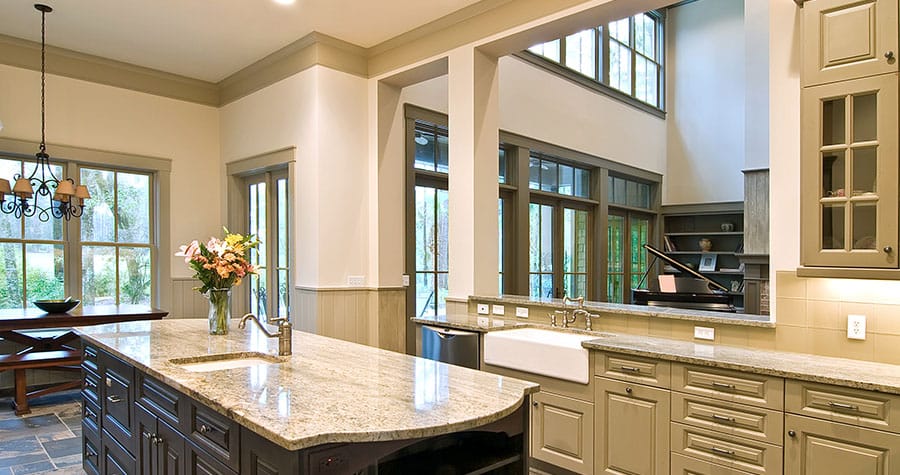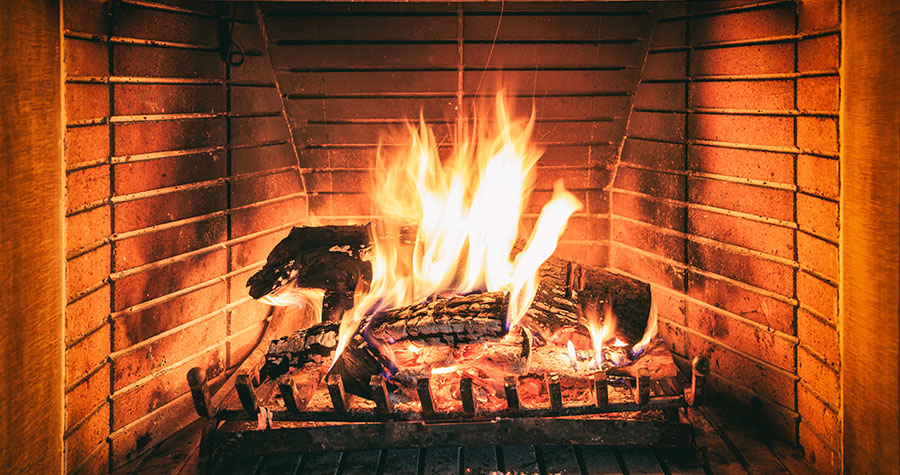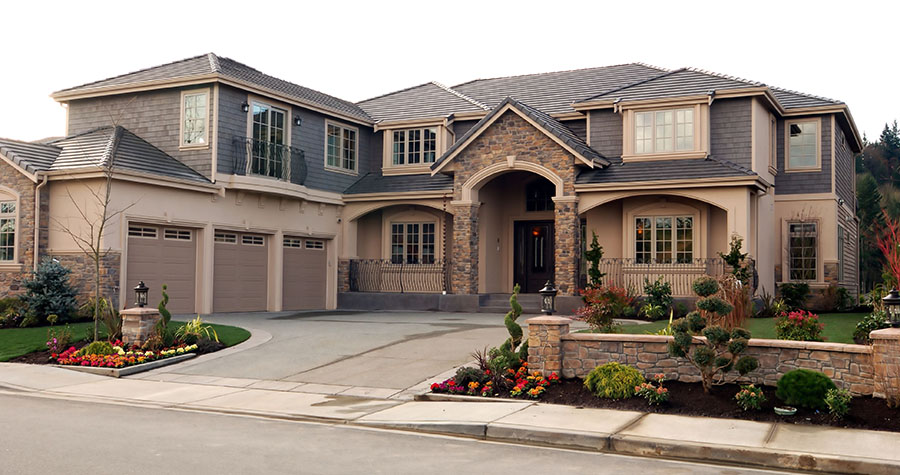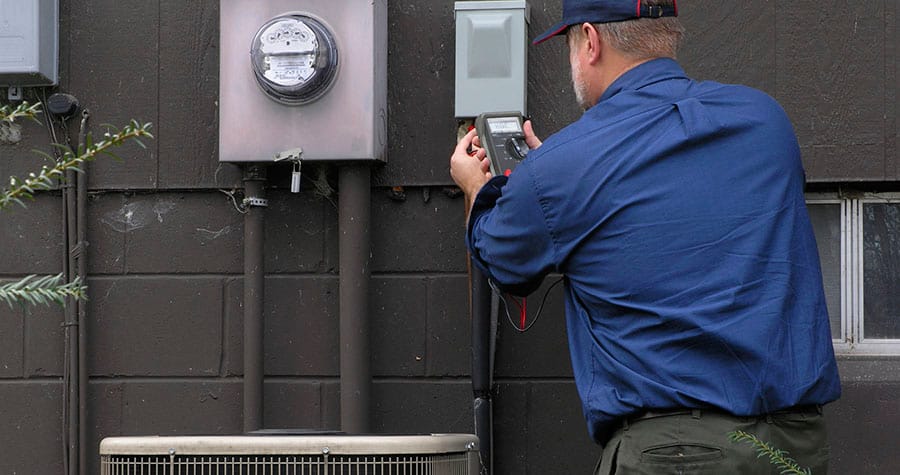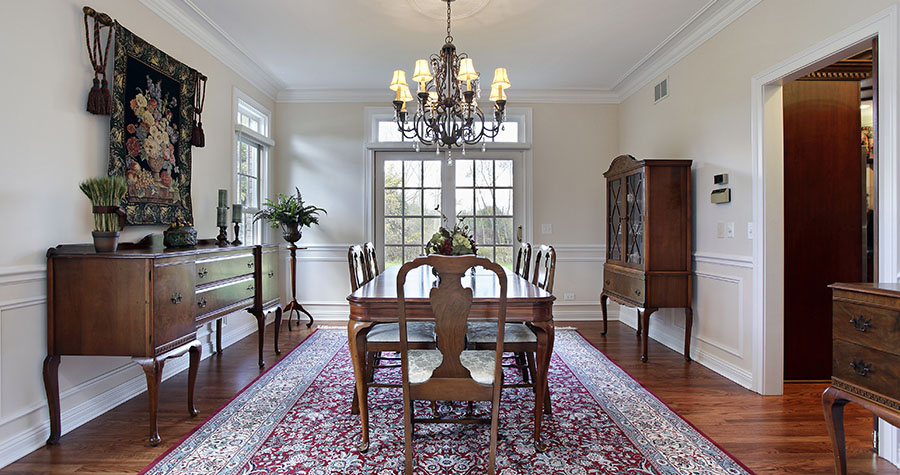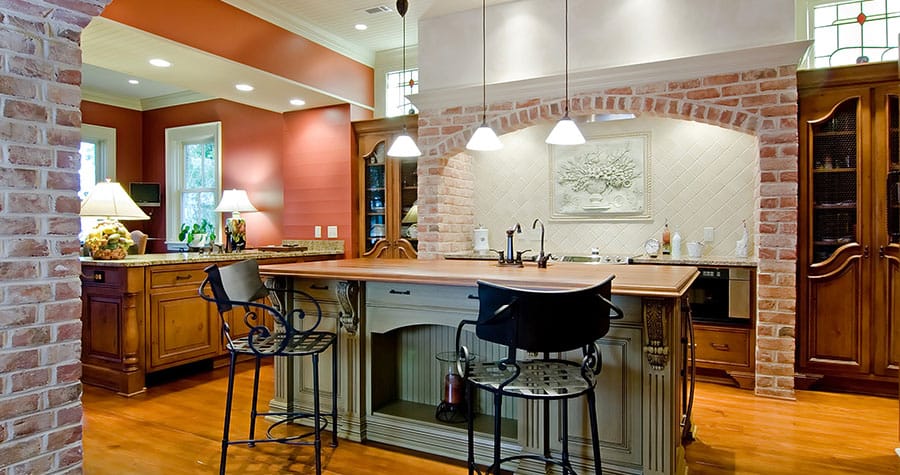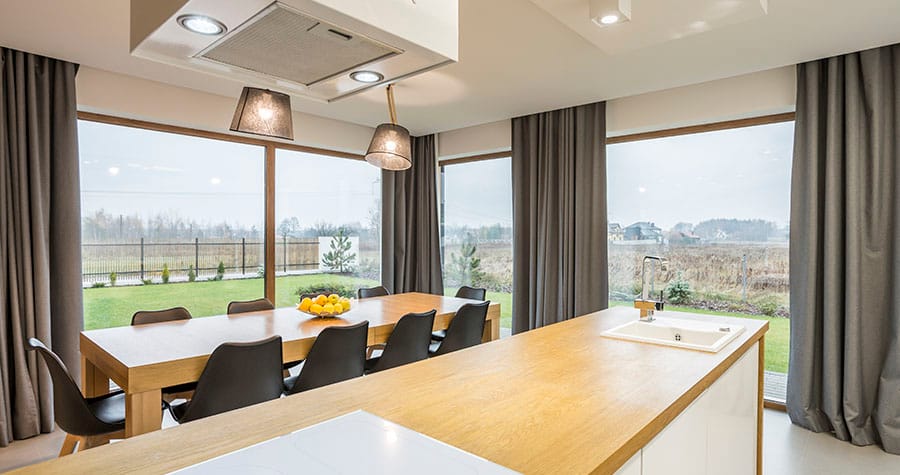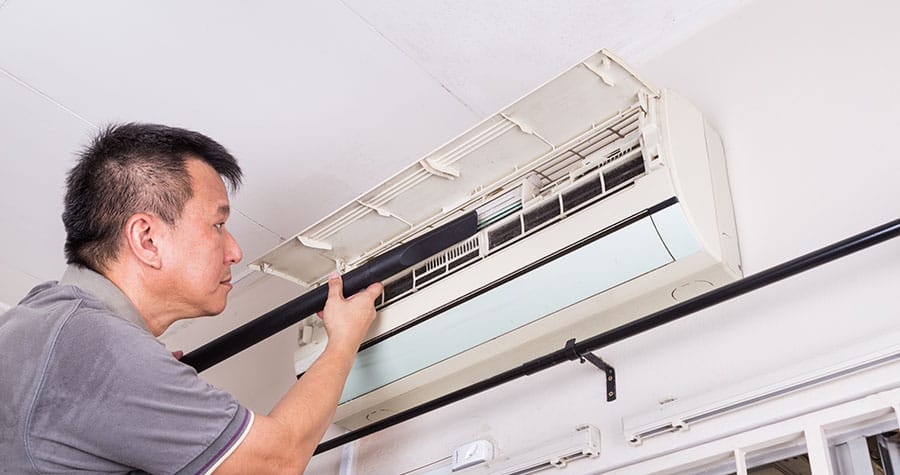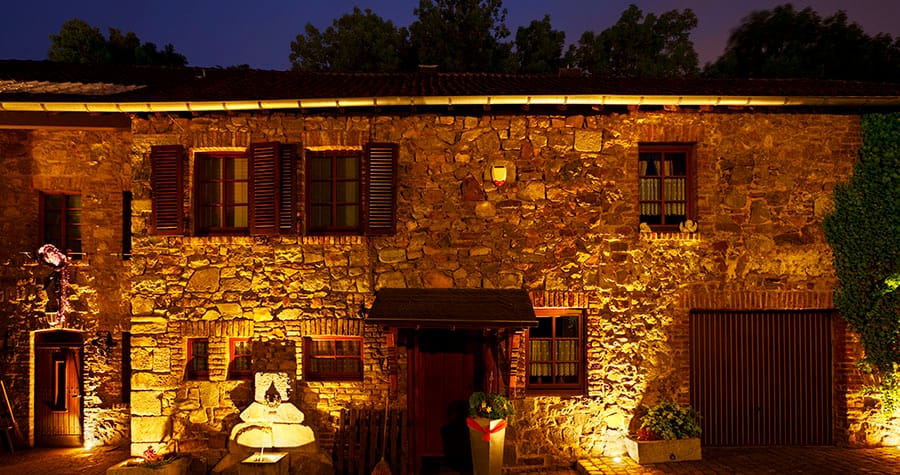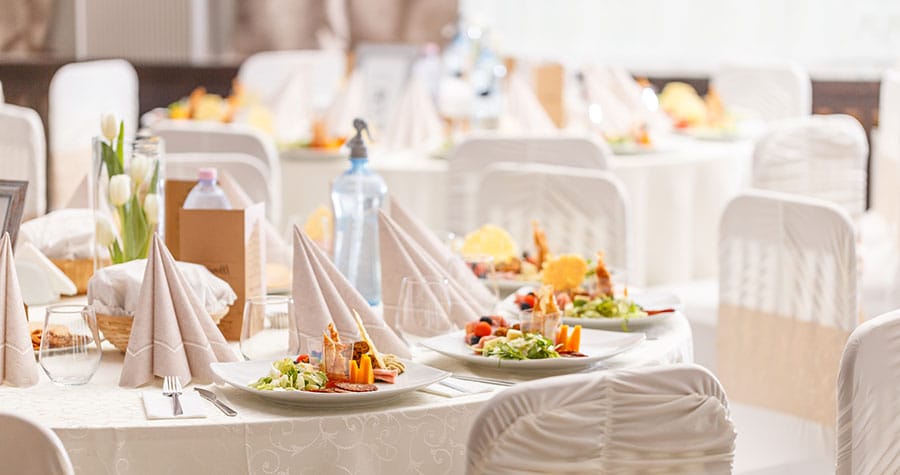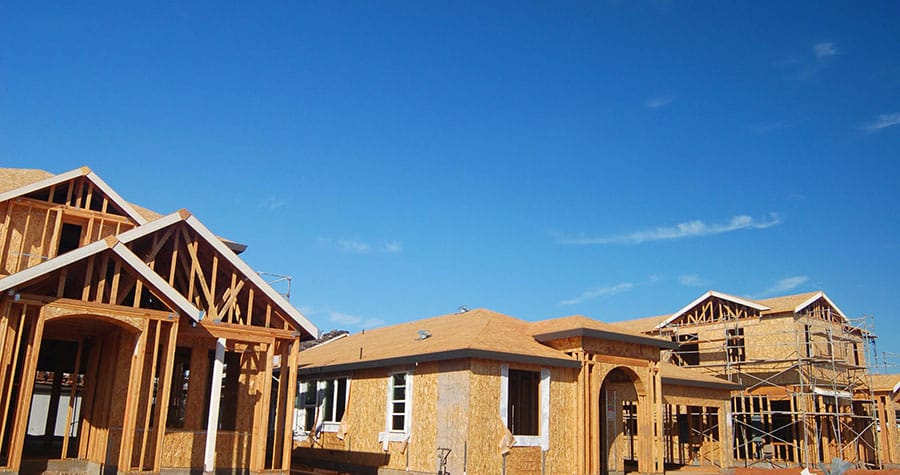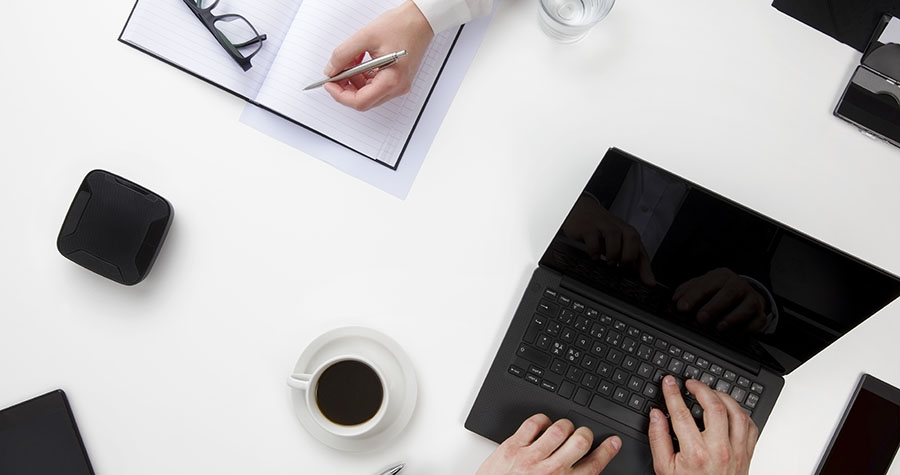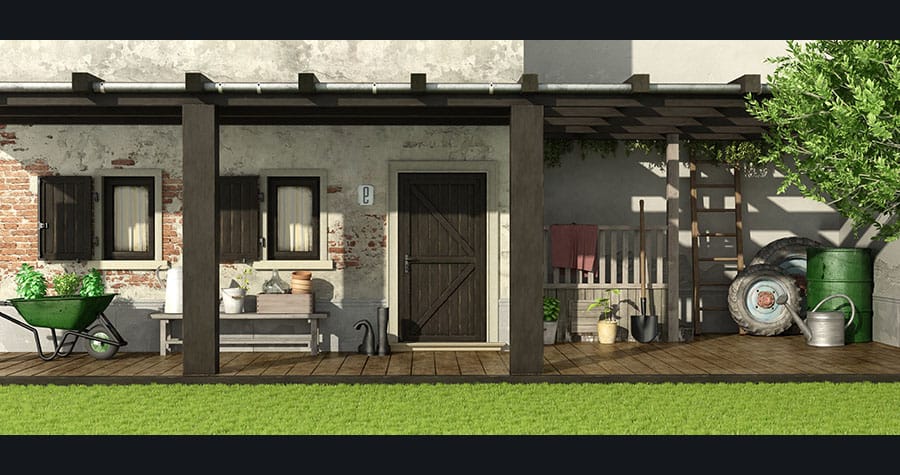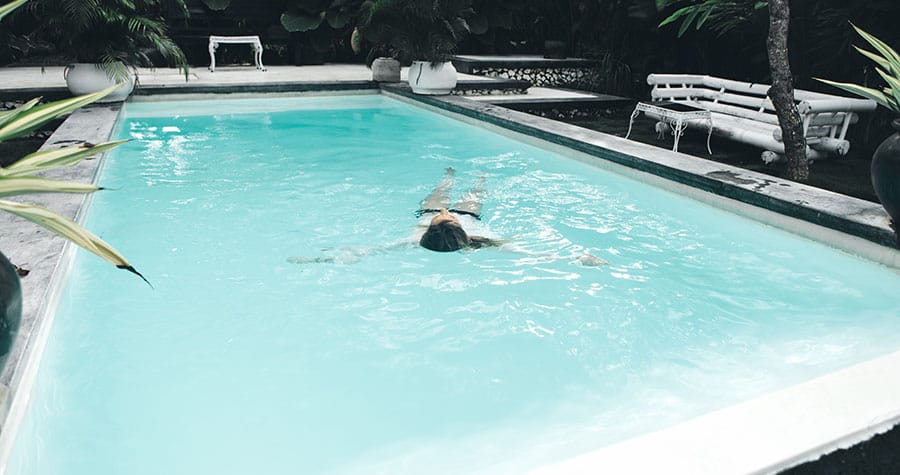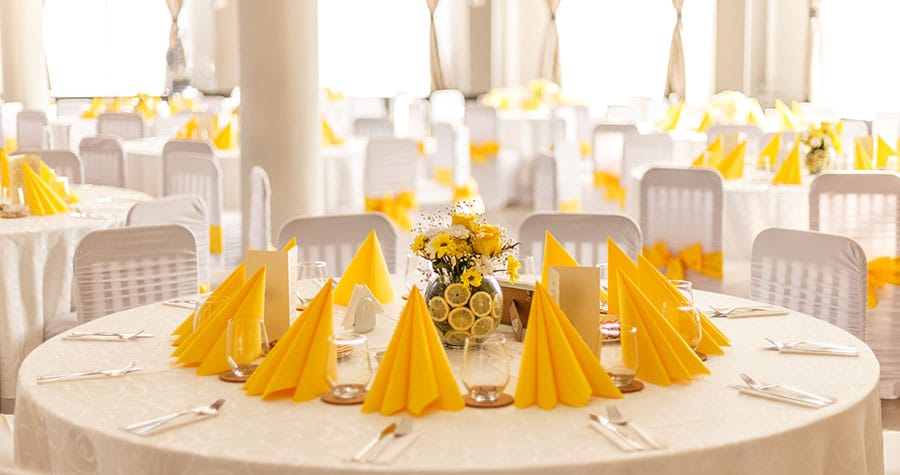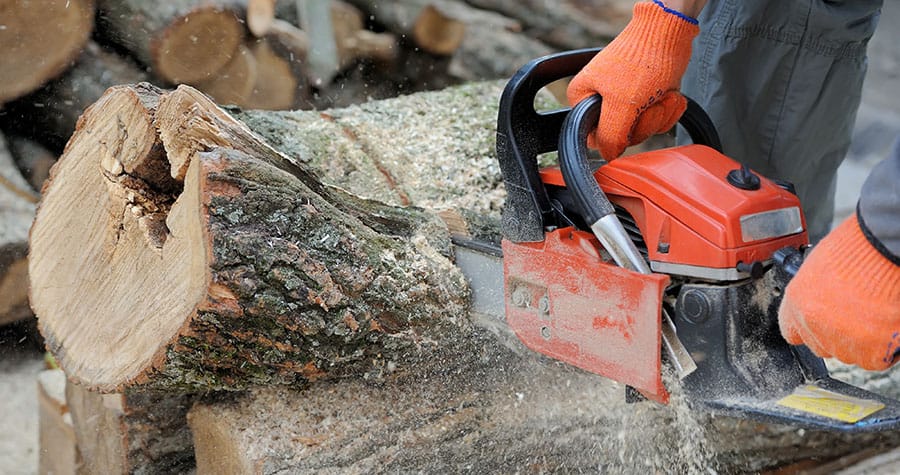Quartz is a great material for kitchen countertops, but all countertops are bound to get stained and turn weird in color. Here Is everything you need to know about quartz countertops turning yellow.
The Quality Might Not Be The Best
Quartz doesn’t just have one quality. There are many types of quartz available in the market which have different qualities, pros, and cons. Not all quartz materials are the same and the best way to identify them is to see how each type of quartz changes its color after some time.
The yellowing of the quartz is a huge sign of low-quality material. The material might not be heat treated or it might have impurities in it which makes it lose its stark white color so fast. This is a huge thing to look out for when buying quartz as your kitchen countertop. They might be really inexpensive but the quality isn’t that great and they will stain and crack very easily.
So, it’s better to spend a little extra money on a good quality material which will last you for years to come and you won’t have to worry about staining or the color turning off.
Good quality material will keep its color and it will remain that way for a good amount of time. You just need to be vigilant when doing your research and surveying different countertop materials.
Stains Play A Huge Role
Sometimes, you might not clean the countertop well enough. Though it won’t make a difference overnight, it will have some sort of buildup on the surface and it will begin to show after some time.
If you are not cleaning the stains right away and you are putting off cleaning and wiping down the countertops for long, then it is bound to become dirty and lose its color. The stark white or bright color will transition into a pale-yellow color and it will worsen with time. You need to make a habit of cleaning your countertops daily if you want the color to shine through.
Sunlight Can Affect The Color Too
Some people might not know this, but sunlight and exposure to UV light can also darken the countertop over time. This is especially the case with quartz countertops. If your kitchen countertops are directly facing a window or your countertops are outdoors, then yellowing of the quartz is something that is inevitable. UV lights react with the quartz and it can really make the countertop look pale and yellow in color. For this, you will need to move your countertop inside or have them covered when you are not using them.
How To Rectify The Yellowing Of Quartz Countertops?
Here are some things you can do to reverse the yellowing of quartz countertops.
Use Acids
Acids might sound scary right now, but they work wonders for the countertops which are turning yellow. Light acids like oxalic acid can be used on the countertop in a diluted solution, to help get rid of the yellow layer on the surface of the countertop.
You can have this professionally done or you can do it by yourself, but it is always a good idea to have the countertop patch tested before you go ahead and drench the entire slab in acid. This will give you an idea about how much acid your countertops can take without getting damaged.
Clean The Countertops Daily
Cleaning the countertops will also make a huge difference. If you are someone who doesn’t clean your countertops daily, then you might want to change that. Cleaning and wiping the countertops every day will help to bring out their shine and color and you will see the difference in no time. Sometimes, stains and spills can also make the countertop look yellow and pale in color. So, the best thing to do is to use some soap and water and wipe it all away.
Conclusion
There you have it! These are the possible reasons why your quartz countertops could be turning yellow. You should look out for these things and prevent them from affecting your beautiful and spotless countertops. If this can’t be fixed, consider countertop replacement NC and have a new high-quality quartz countertop installed.

